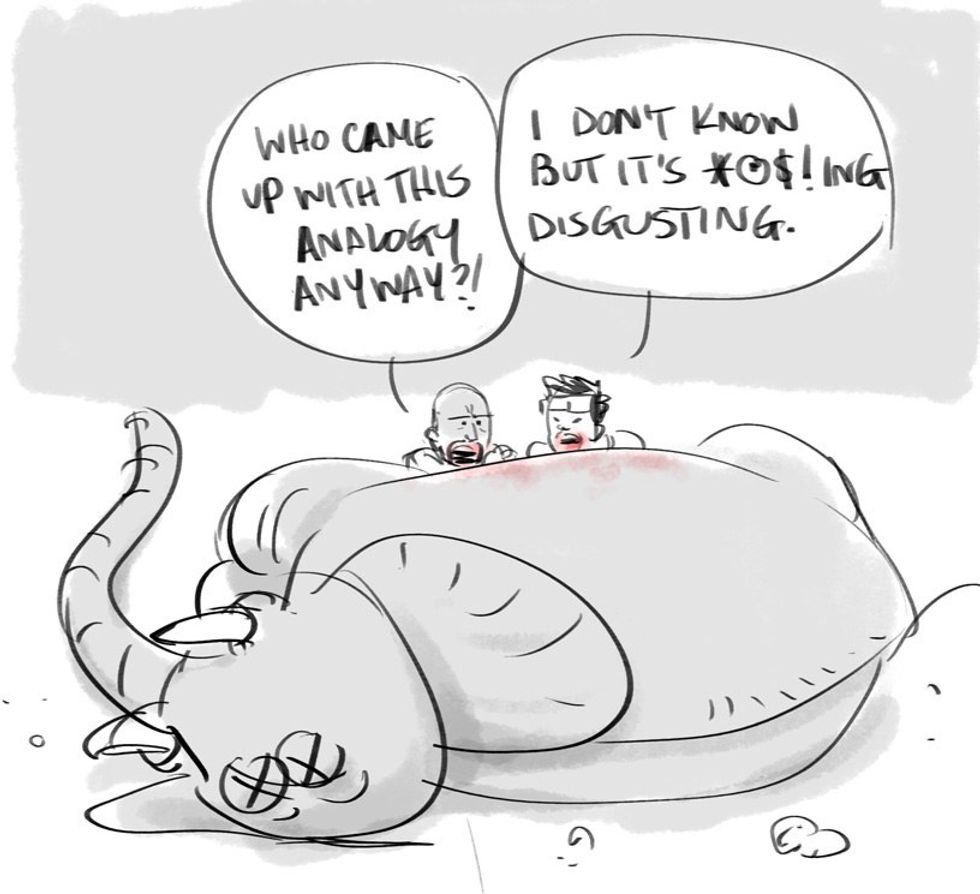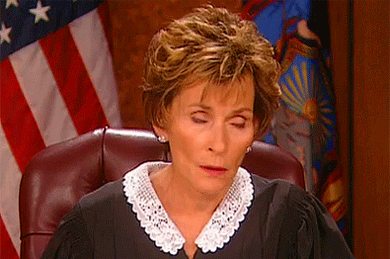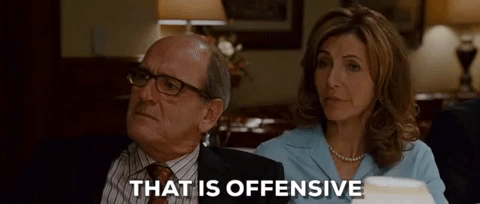For thousands of years, humans have inhabited earth enjoying the abundant sources of food. We were hunters and gatherers from the beginning. Hunting has taken on a new meaning in our modern lifestyle. We don't have to hunt for our food, we domesticate. We have fields upon fields where we have livestock roaming around waiting to serve as food. While eating meat is not a bad habit, on a worldwide scale, our diet of eating meat has come to hurt us.
According to Food and Agriculture Organization of the United Nations, livestock contributes to about 18 percent of the global greenhouse gas emissions through the emission of methane. Methane traps significantly more heat than carbon dioxide and poses a bigger threat to the environment. Even with this concerning side effect of our diet, we continue to grow the livestock sector of agriculture. We continue to eat more meat, which makes it necessary for new fields to be dedicated to raising livestock and even more grains to be used to feed the animals. A new research brings even more bad news about raising livestock. According to an article by Organic Authority, even the antibiotics used to make livestock safer for us to eat has been shown to contribute to greenhouse gas emissions. The antibiotics used in livestock raising increases the methane emissions already coming from cows and other animals. Regardless of how people view global warming, methane is one of the most harmful greenhouse gases that traps heat and warms the planet. Going to McDonald's and buying a hamburger is an easy task, but the ramification of eating so much meat could be contributing to harmful environmental activities.
It is time to rethink our diet and to return to the past where we were hunters and gatherers. Diversifying our diets and eating less meat could be beneficial for humans in the long run. Ultimately we have the choice in what we do and don't put in our bodies, but the next time you eat, I urge you to think about how you might be contributing to a bigger environmental problem. As consumers, it's up to us to change the demand of meat.




 Photo by
Photo by  Photo by
Photo by 
 Photo by
Photo by 





















